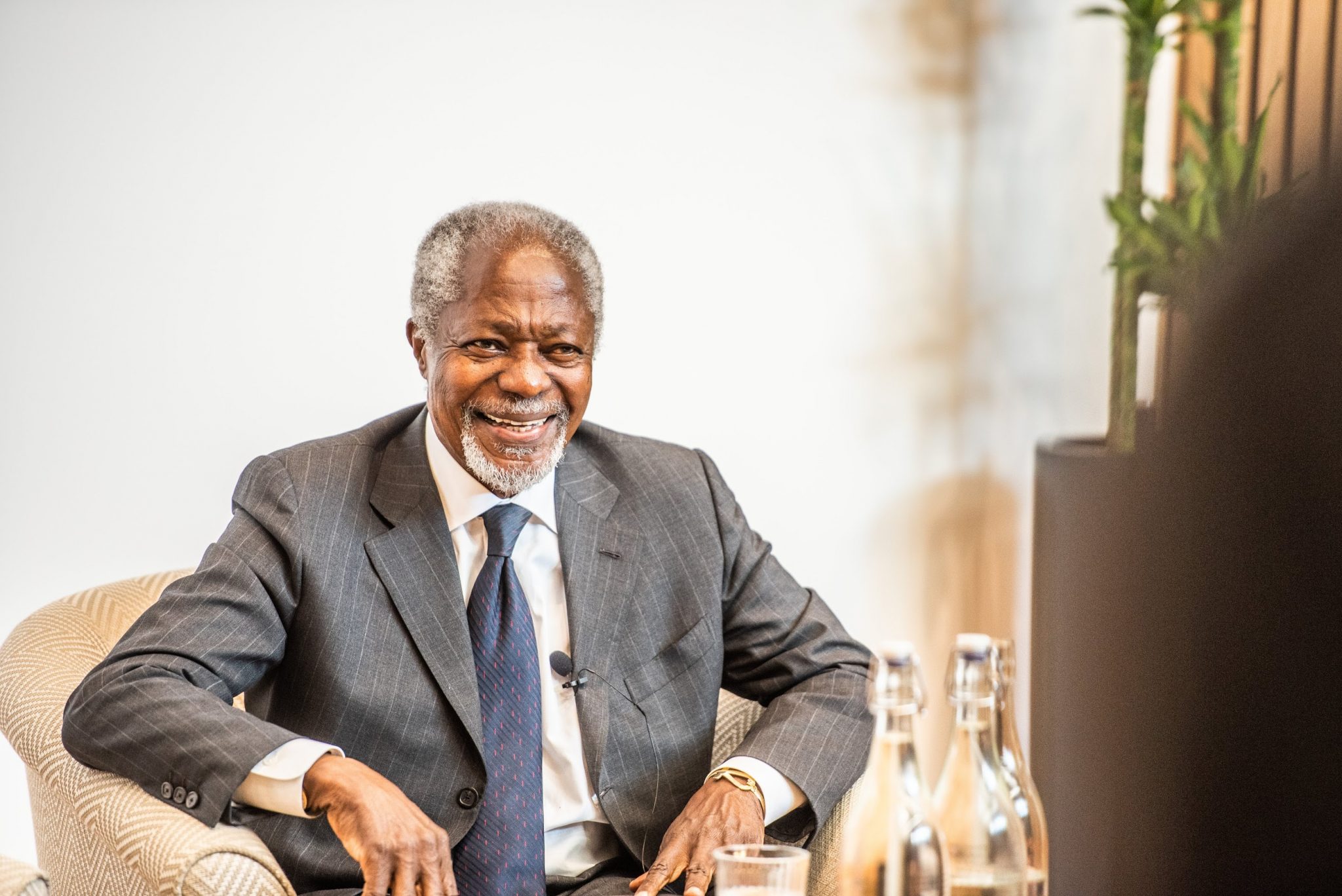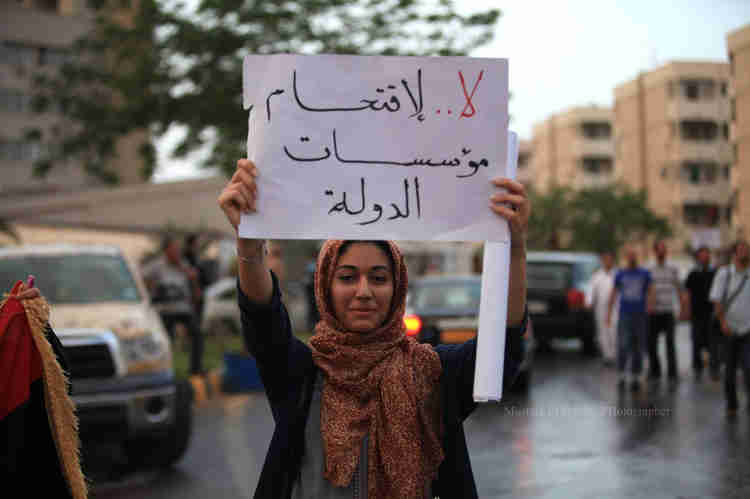We need another Gleneagles moment…
We need another Gleneagles moment
18 Feb 2011
Opinion Piece by Kofi Annan published in Le Figaro, 15 February 2011
The Gleneagles Summit of 2005 reinvigorated the G8 and turned an emerging consensus on international development into concrete commitments to the poor. While G8 discussions have prominently featured development issues on other occasions, for example at Monterrey and Heiligendamm, Gleneagles was unique in the extent to which it restored relevance, direction and ambition to the group and leadership, as well as vision to the international community.
If the French presidency manages to achieve its declared objectives, the Cannes Summit may turn out to be the G20’s Gleneagles moment. It could restore a much-needed sense of purpose to the group when its post-crisis role and effectiveness as a global decision-making body has been called into doubt. It could also help restore a measure of trust in the goodwill of the world’s richest countries, something that many in the developing world have come to doubt in light of stalled trade and climate-change negotiations, declining aid flows and a painful economic crisis.
As my fellow panel members and I intend to point out at our meeting with President Sarkozy on Tuesday, France needs to take ownership of the G20 development consensus agreed at the Seoul Summit in November 2010 and drive the achievement of the specific milestones contained in its multi-year action plan. But we believe that President Sarkozy can, and should, do more than that. He has the historic chance, and we would argue the responsibility, to reconcile the global growth and development agendas and forge a meaningful partnership between rich and poor which goes far beyond the G8’s charitable pledges.
The need for such a mindset shift has become painfully obvious over the last three years. The global repercussions of the financial and economic crises have highlighted the world’s increasing interdependence and the imperative to integrate Africa better into the international system. Despite repeated promises of reform, the continent remains heavily marginalized in world affairs, with little say in and control over how these affairs affect its countries and people. At the same time, Africa’s vast economic potential remains constrained by high barriers to trade such as distorting quotas and bloated subsidy regimes. Unless these and other structural barriers fall, Africa will not become the much-needed new growth pole for the global economy, no matter how much aid or private investment it attracts.
The G20 thus has a real interest in initiating the necessary reforms. And there is no doubt that it also has the capacity to effect structural change. During the financial crisis we saw what the group can achieve when it plays to its unquestionable advantages of composition, reach and sheer economic prowess. Individually, its member states are, by definition, the countries with the greatest power, resources and influence to get things done. Many of them have only recently graduated into major economies and their developmental experiences are still fresh. These countries understand that the key to development is not charity but equitable, job-creating, and ideally green economic growth fuelled by investment in the productive sectors such as agriculture, infrastructure, renewable energy, trade, knowledge and technical skills.
The same countries also appreciate that the most important sources of development finance must be domestic revenues and private-sector investment. The main value of aid, other than in meeting urgent humanitarian needs, is to increase capacities, reduce dependence upon external support, and lubricate and leverage investment in the sources of growth and good governance. Most importantly, they know that they need to help Africa succeed if they are to keep succeeding themselves.
In Gleneagles, G8 leaders recognized that their national interests were aligned with their responsibility to support Africa’s development and agreed on a set of concrete actions. We at the Africa Progress Panel sincerely hope that G20 leaders will do the same in Cannes – for the sake of Africa, the G20 and the world at large. My fellow Panel members and I certainly stand ready to support President Sarkozy as he faces the admittedly difficult task of pulling some of the more sceptical G20 members along. Several will resist the need to mobilize additional resources; others will prove unwilling to give up the advantages of a lop-sided system that favours those already rich and powerful. But as in 2005, the benefits of supporting Africa speak for themselves.
Having said all this, the implementation of the valuable ideas entailed in the Seoul Development Consensus on Shared Growth should not be made dependent on the G20 taking them on as a group. While the group’s collective commitment would certainly be an important game-changer and political signal to developing countries, it is of course not enough on its own to overcome the immense challenges that these countries face. Nor does it necessarily invalidate some of the concerns raised regarding the G20’s legitimacy and capacity. What really counts is that each member of the group lives up to its own development commitments and begins to treat Africa as a true partner, leading the way for others to follow. France is off to a good start.
Kofi A. Annan
Chair of the Africa Progress Panel



